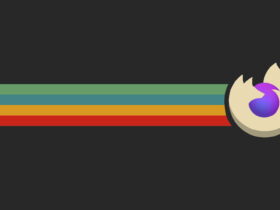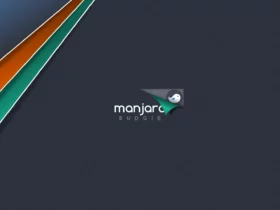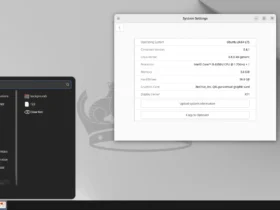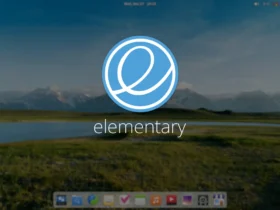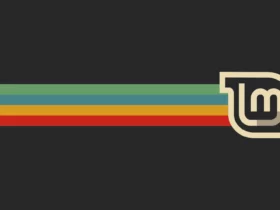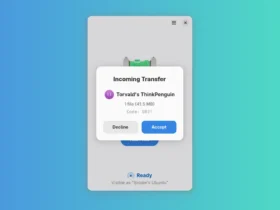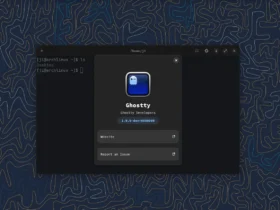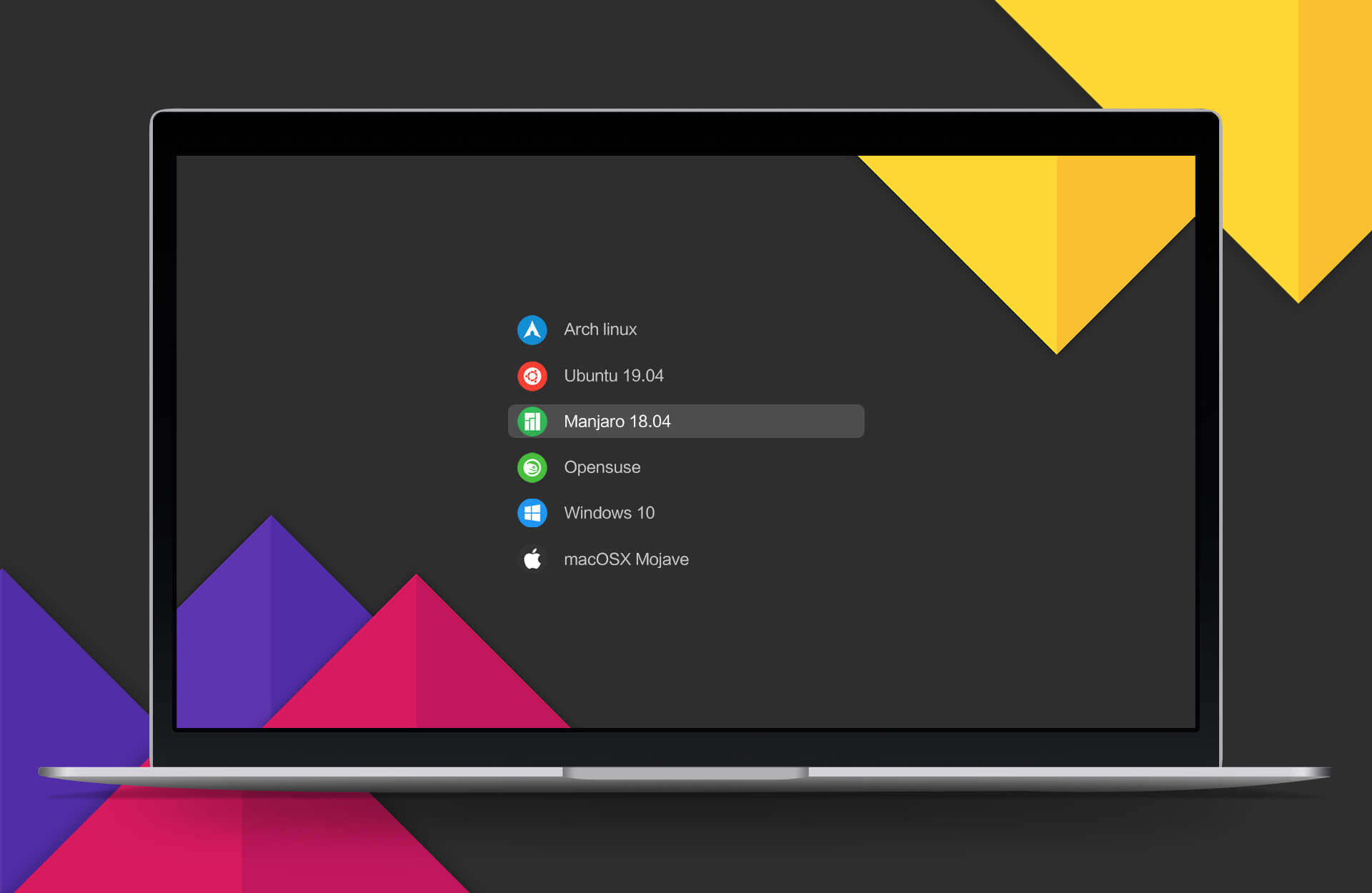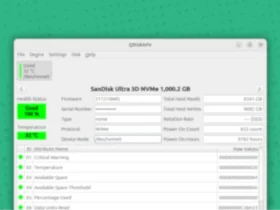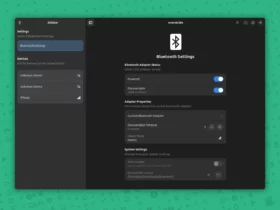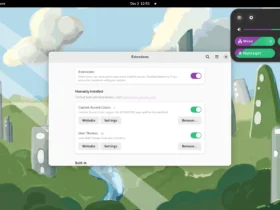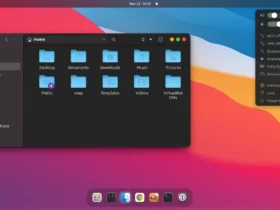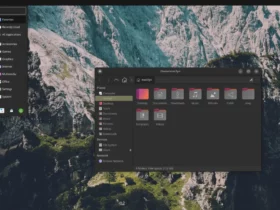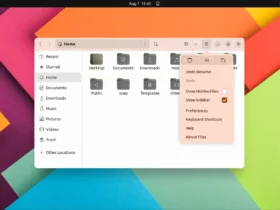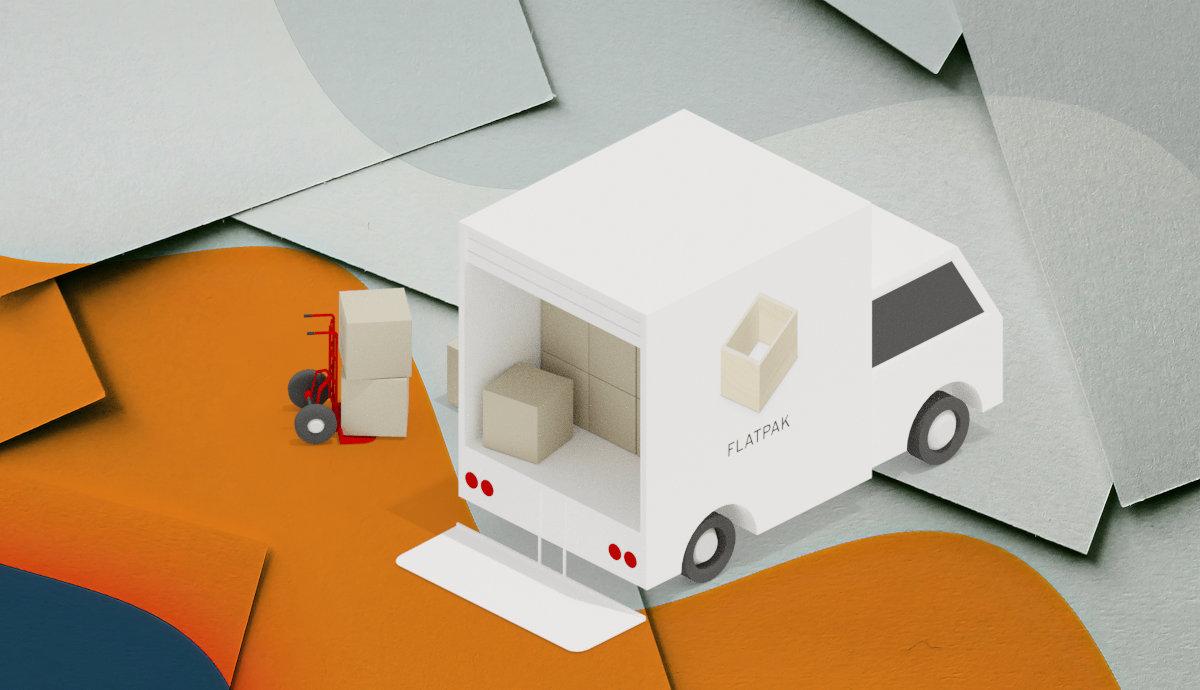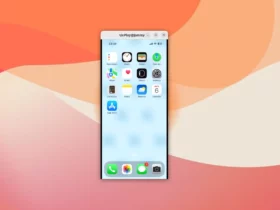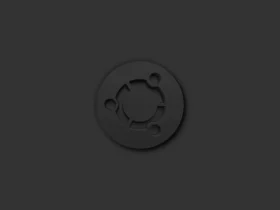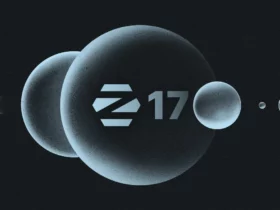For users of Ubuntu and its flavors (e.g., XUbuntu, KUbuntu, Ubuntu MATE), Flatpak support will NO longer enabled by default in next releases!
The Ubuntu community has announced this decision few days ago:
As part of our combined efforts, the Ubuntu flavors have made a joint decision to adjust some of the default packages on Ubuntu: Going forward, the Flatpak package as well as the packages to integrate Flatpak into the respective software center will no longer be installed by default in the next release due in April 2023, Lunar Lobster.
Meaning start in Ubuntu 23.04 and future releases, Flatpak package will NO longer pre-installed in any of Ubuntu and Ubuntu Flavors, so far including:
- KUbuntu
- LUbuntu
- Ubuntu Budgie
- Ubuntu Kylin
- Ubuntu MATE
- Ubuntu Studio
- Ubuntu Unity
- XUbuntu
However, Flatpak is still available in system repository! Users have the freedom of choice to install it either from Software App (App Store) or by running command in terminal (konsole):
sudo apt install flatpak
As far as I know, the current Ubuntu MATE has Flatpak support out-of-the-box. XUbuntu was going to add it support in 23.04, and KUbuntu has it as optional dependency library for Discover (Software App). For users who have already enabled Flatpak, the package will not be affected when upgrading the system to next version.
About Flatpak
Flatpak is an universal package format that supports most Linux. An application is published as Flatpak, then it can be installed in most Linux.
Flatpak is maintained by an independent community, made up of contributors, volunteers and supporting organizations. Though, IMO GNOME and Red Hat are more or less behind the project.
Flatpak runs in sandbox environment. Meaning it always uses more disk space. However, with it users can always get the newest applications without worrying about dependency issues! See Flathub repository for tons of applications available as Flatpak.
Why NOT supporting Flatpak
Ubuntu has its own containerized package format called Snap. It also runs in most Linux in sandbox environment, and has no dependency hell.
As the announcement said (see the link at top), the Ubuntu community decided to focus on the Snap and classic .deb package support!
To maintain this focus while also providing user choice, Ubuntu and its flavors consider debs and snaps the default experience. Users have the freedom of choice to get their software from other sources, including Flatpak.
Anyway, users can make choices to use Flatpak and/or Snap. But Ubuntu and its official flavors will refer deb and snap in next releases.





